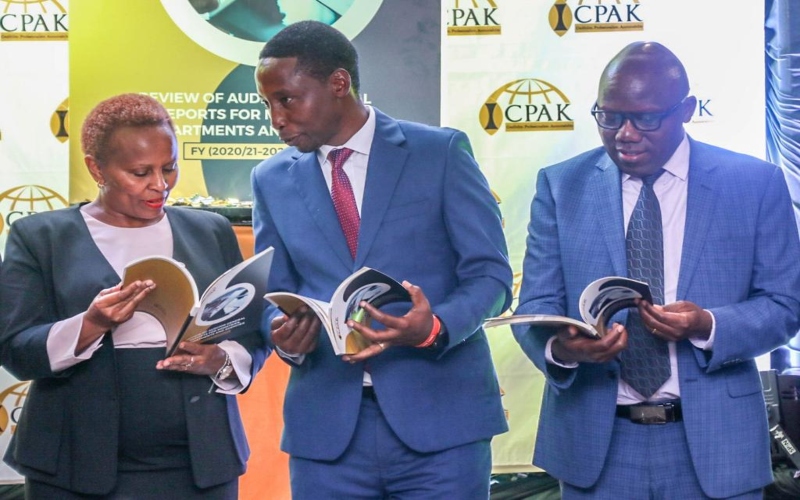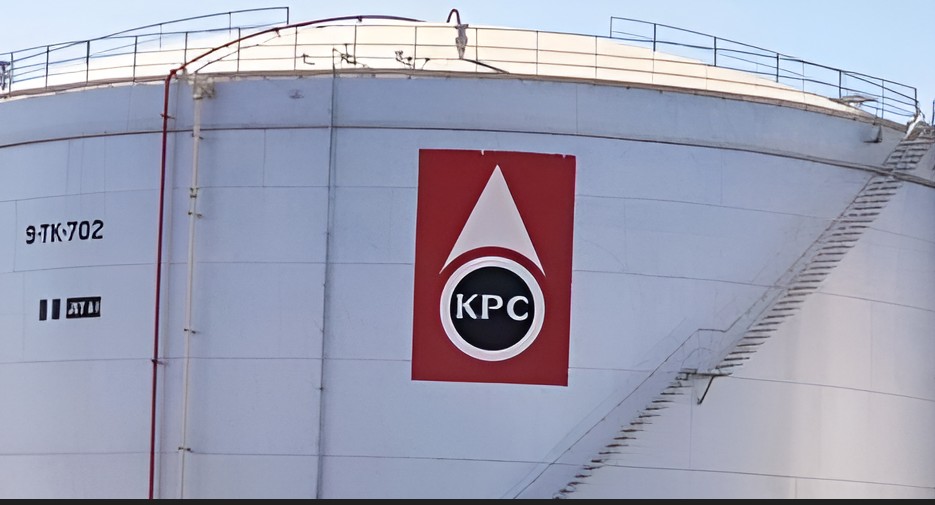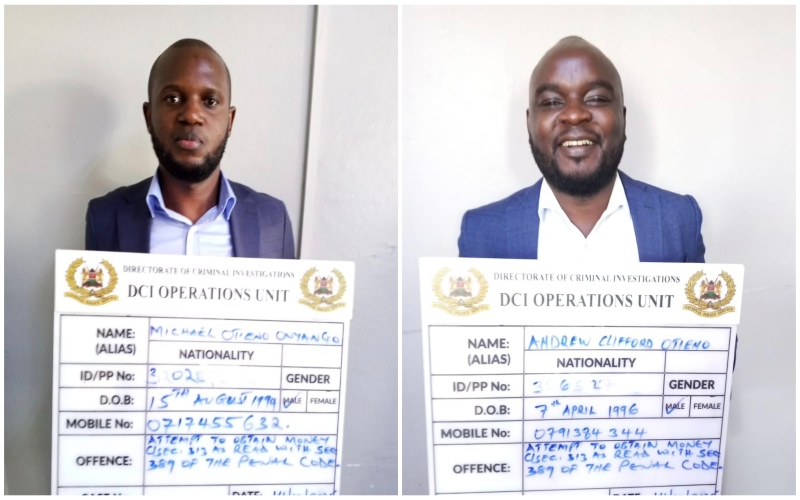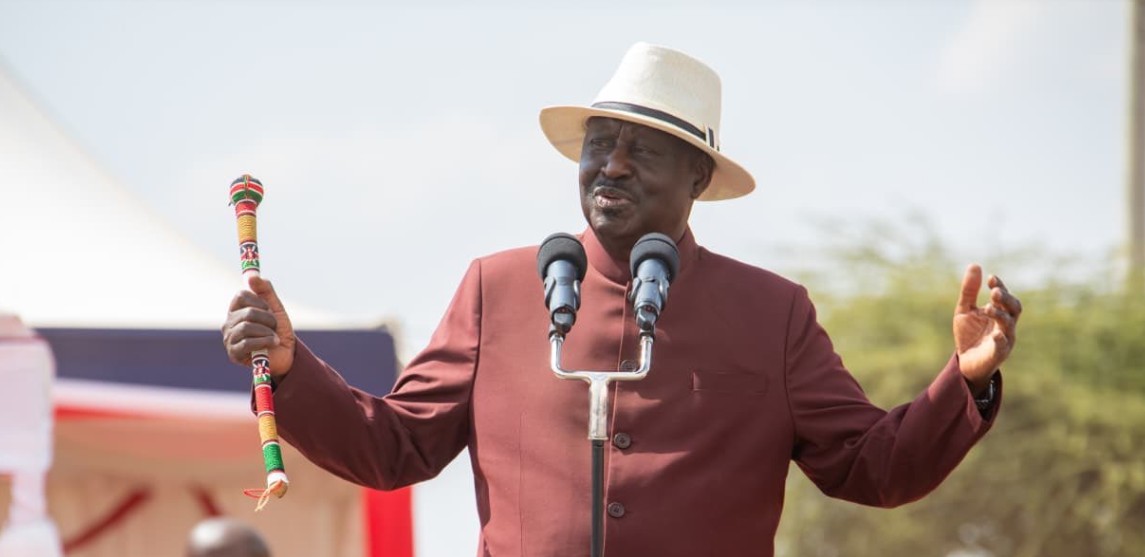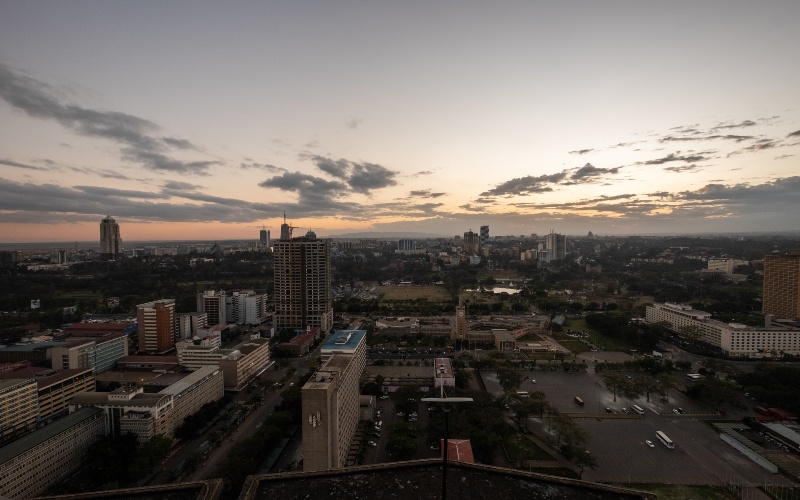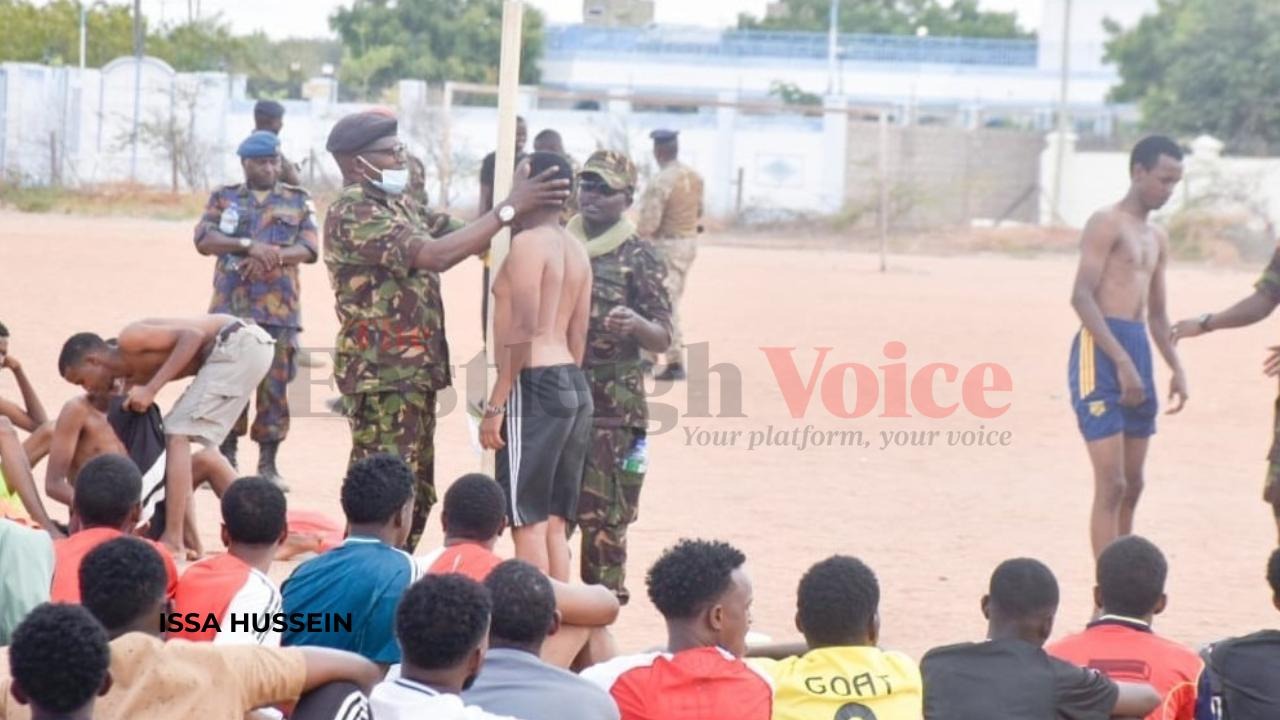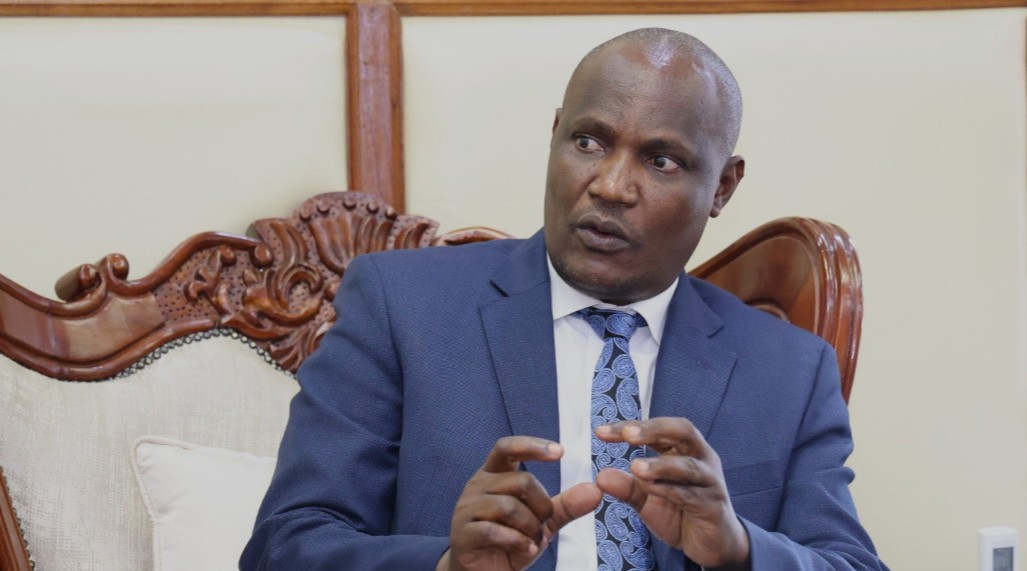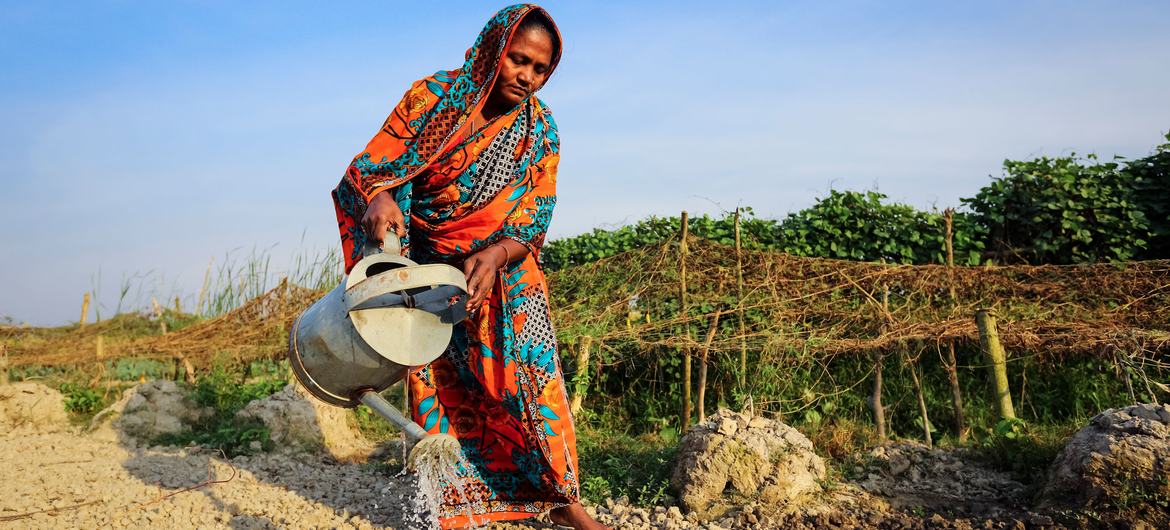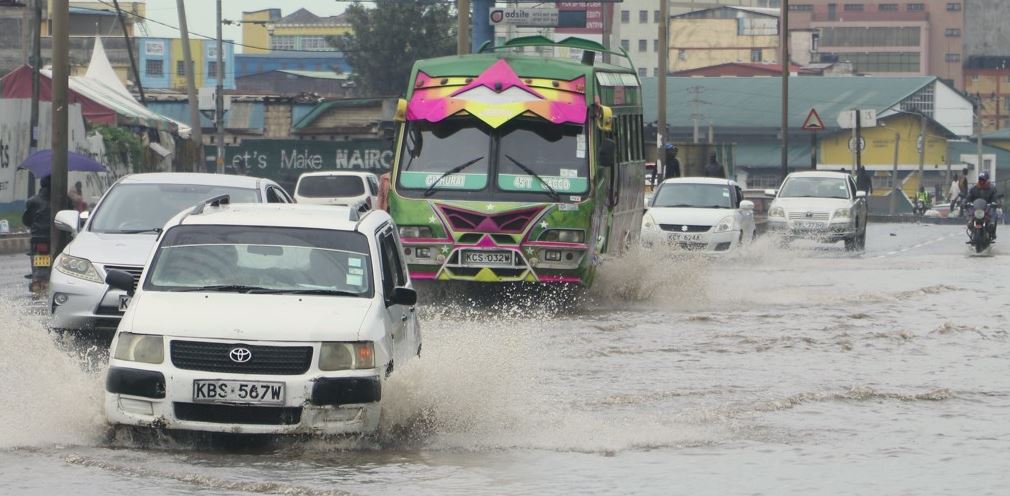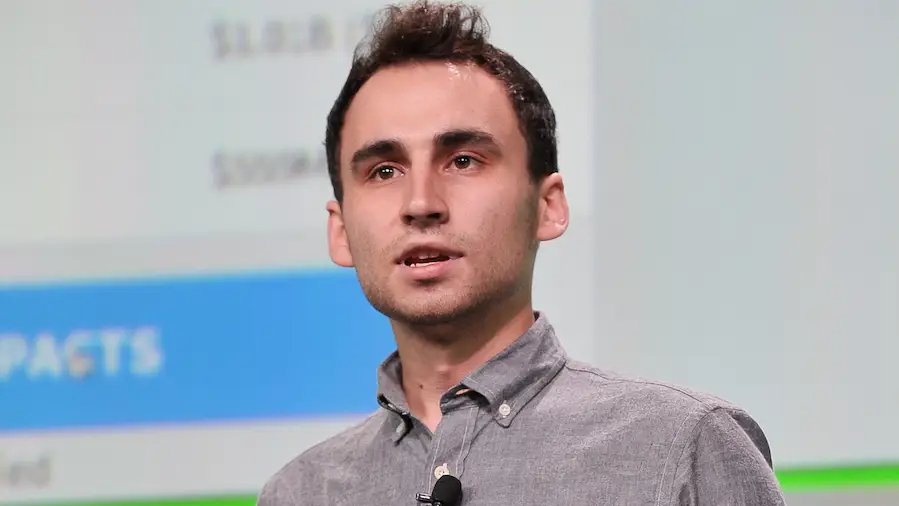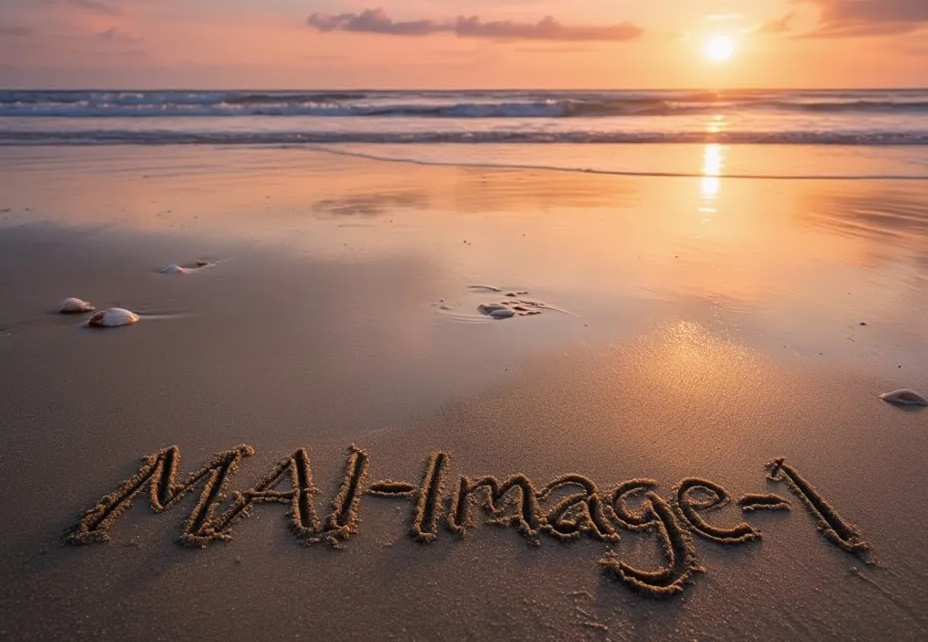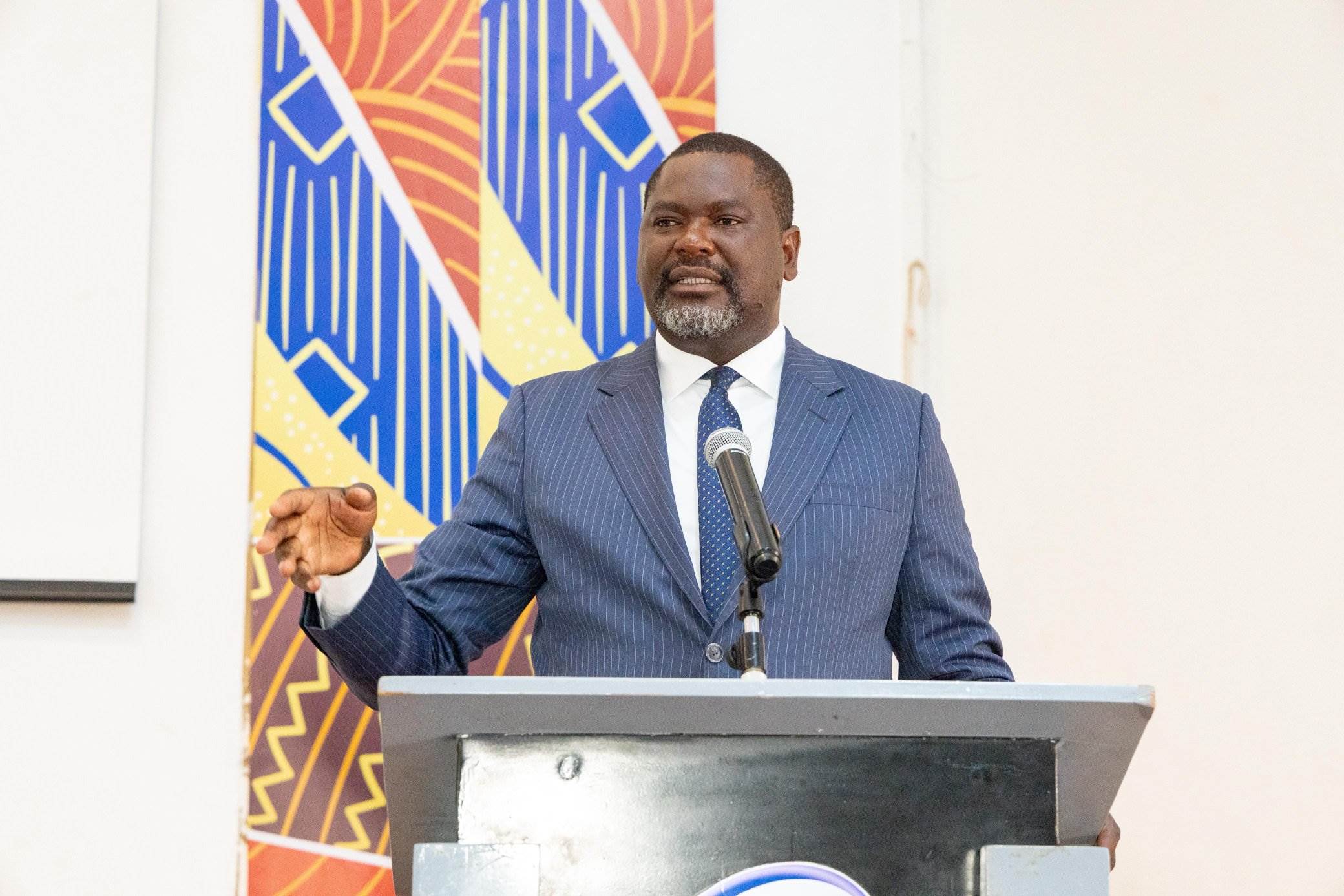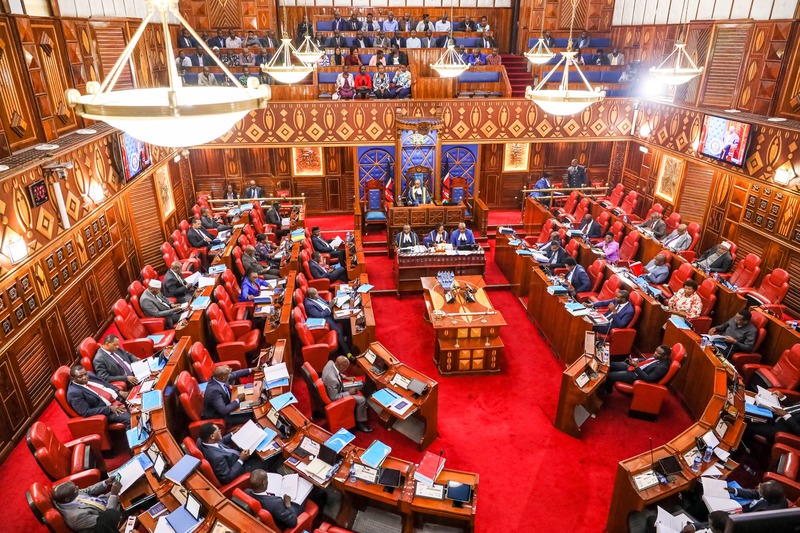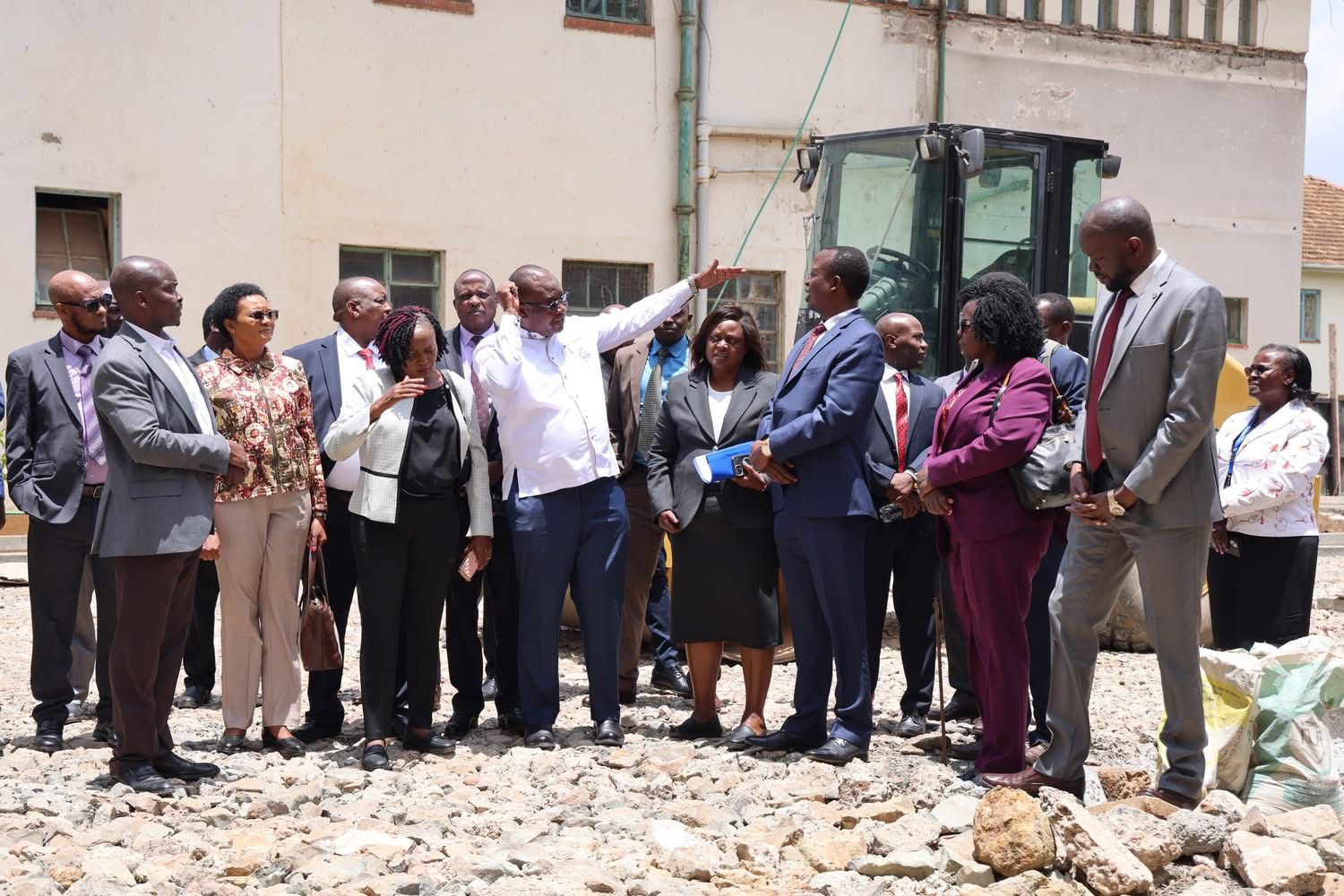Coastal youth leverage social media to build wells
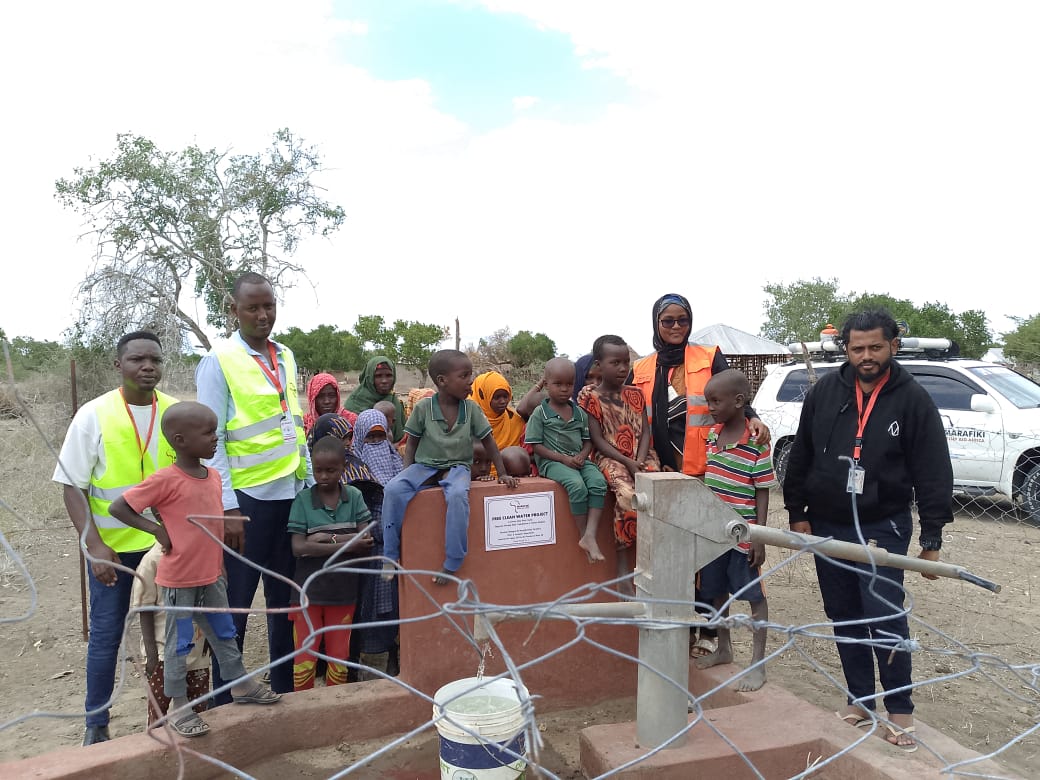
These charity campaigns' success has also shifted perceptions of youth involvement in community development, with young people now seen as vital contributors to positive social change.
Youths from Kenya’s coastal counties are leveraging social media to spearhead charity campaigns that have funded the construction of wells, greatly enhancing access to clean water across the region.
This initiative has played a crucial role in meeting vital infrastructure needs while also promoting community unity through their organisation, Marafiki Relief Aid Africa.
More To Read
- Turkana validates new investment plan for sustainable water use
- Turkana County launches digital WASH Map to revolutionise water management
- 2.1 billion people still without safe drinking water - UN report
- Climate change: How global water crisis could cost trillions
- Somalia water crisis: Funding cuts leave 300,000 without safe water as cholera cases surge
- Governor Sakaja blames legacy system for Nairobi’s Sh8.6 billion water loss
Speaking on the initiative, Rafik Rauf, CEO of Marafiki Relief Aid Africa, explained how social media became a pivotal tool in driving the campaigns.
“We felt the need to create awareness and clarification for both donors and beneficiaries. Social media platforms are the best at this point,” he said.
Through platforms such as TikTok and Instagram, the youths have successfully mobilised communities, raising substantial funds and organising well-attended events to support these projects.
Rauf noted that the boreholes constructed as part of the initiative are strategically placed in community hospitals and schools, ensuring they benefit not just the facilities but the surrounding community.
“All our boreholes are placed either in local community hospitals or schools, thus benefiting not only the facility but the community at large,” he stated.
The charity campaigns target amounts starting at Sh200,000, depending on the borehole's depth, with some wells also tied to farming projects that benefit the community.
So far, they have carried out projects in Garissa, Mandera, Tana River, Kilifi, and Mombasa, with a notable expansion into Tanzania. In addition to the wells, the organisation has also tackled period poverty, providing sanitary pads to girls in the same regions.
The charity campaigns have not been without challenges, including donor fatigue and a lack of trust in some organisations. Rauf emphasised the importance of transparency and accountability to maintain donor confidence.
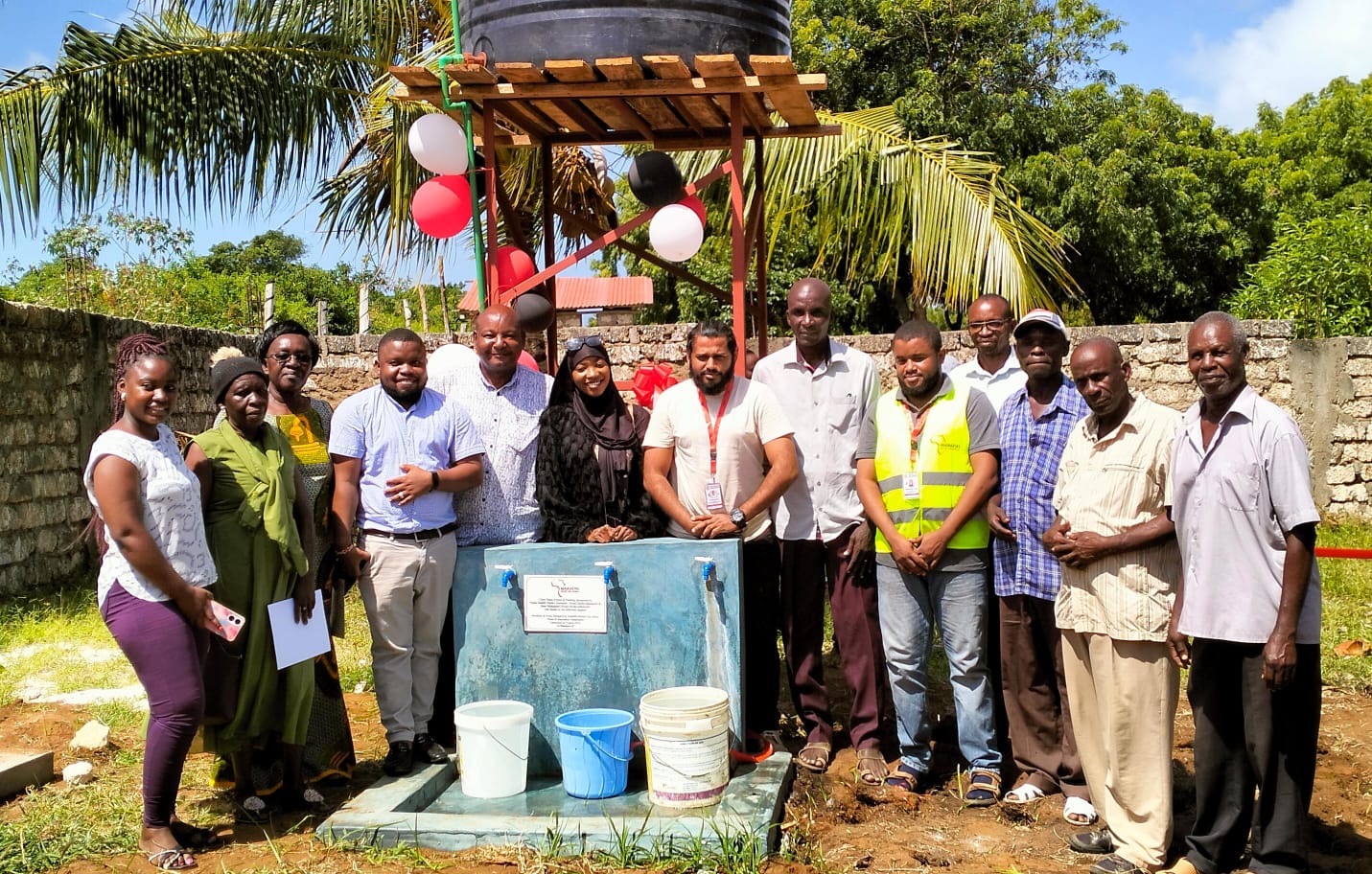 Rafik Rauf, CEO of Marafiki Relief Aid Africa, in Tezo, Kilifi County, where they constructed a well that cost Sh200,000. (Photo: Handout)
Rafik Rauf, CEO of Marafiki Relief Aid Africa, in Tezo, Kilifi County, where they constructed a well that cost Sh200,000. (Photo: Handout)Rafik Rauf, CEO of Marafiki Relief Aid Africa while in Garsen in Tana River County. They constructed a well that cost Sh200,000
“We provide weekly updates and post results of contributions. All volunteers and donors are also added to a WhatsApp platform where they can see the results and accounts of the funds collected.”
The youth-led initiative has had a profound impact on coastal communities, particularly in areas where water scarcity is a pressing issue. According to Rauf, the construction of boreholes in hospitals with maternity wings has been life-changing, as expectant mothers no longer need to carry water to the facilities for delivery.
“Previously, the expectant mother had to arrive at the hospital with a jerry can or bucket of water for delivery,” he recounted.
Looking to the future, Rauf highlighted plans for self-sustainable solutions, including farming projects tied to the boreholes.
Other Topics To Read
“We’ve had various farming projects in place due to water availability, and we want to continue empowering communities with proper training so they can sustain themselves,” he added.
These charity campaigns' success has also shifted perceptions of youth involvement in community development, with young people now seen as vital contributors to positive social change.
"The mentality of laziness due to unemployment is beginning to reduce," said Rauf, encouraging other young people to use social media for social good.
As the initiative continues to grow, he said coastal communities are seeing the tangible benefits of youth-driven efforts, from improved access to clean water to stronger communal bonds, proving that the youth are at the forefront of driving change in the region.
Top Stories Today

